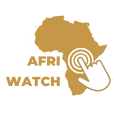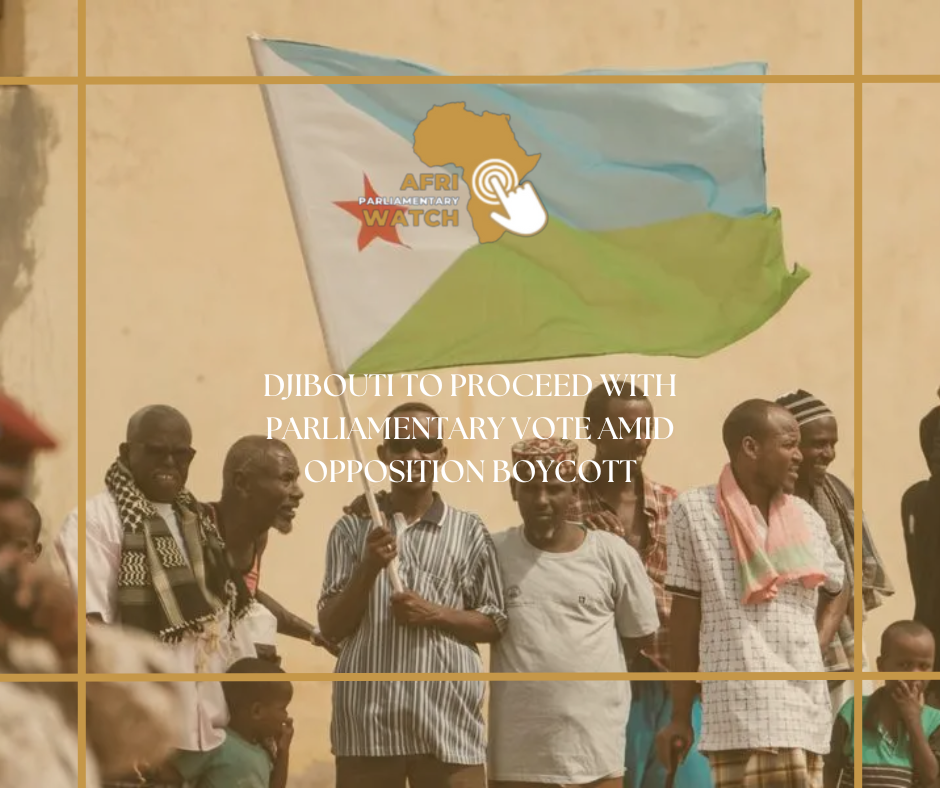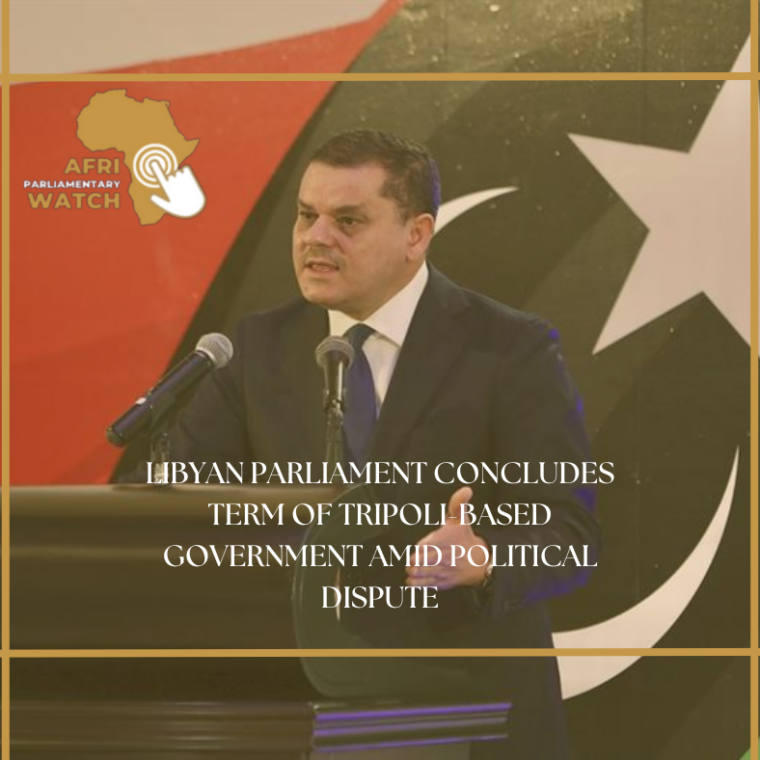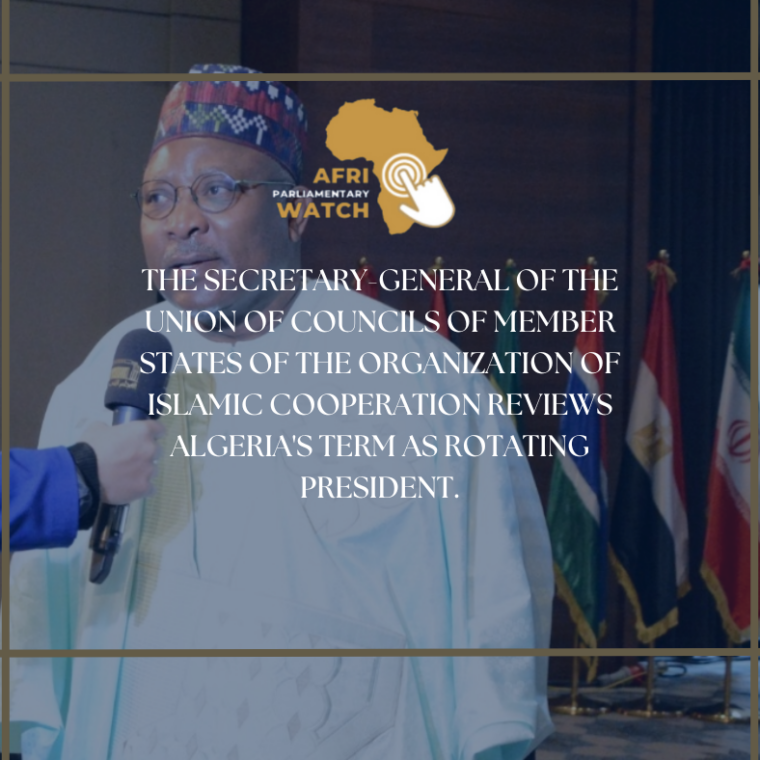Kadar Abdi Ibrahim, the secretary general of the sole opposition party participating in the parliamentary election, criticized the process, stating that “there is no substantive debate in this legislative election.” Aden Omar Abdillahi, head of a political research institute, echoed this sentiment, calling it “the most boring election of the last 30 years,” with many opposition parties dismissing the vote as a mere facade.
Djibouti will head to the polls on Friday for a parliamentary election that has been widely boycotted by the main opposition parties, who have labeled the process a sham. Only two parties are contesting the 65 seats in the National Assembly, with President Ismael Omar Guelleh’s ruling Union for Presidential Majority expected to secure a dominant victory.
Despite its small size, Djibouti holds strategic importance at the entrance to the Red Sea, leveraging this position to attract trade investors and foreign military interests. However, the opposition contends that the election, following Guelleh’s re-election for a fifth term with 97 percent of the vote in April 2021, will not be free or fair.
“This election is only a formality; nothing will change,” remarked a 32-year-old unemployed resident who identified himself as Ali.
Guelleh, 75, has governed Djibouti with a firm hand since 1999, leading to a decline in press freedom and a crackdown on dissent. The country’s economy, affected by the 2022 Ukraine war, regional drought, and the conflict in Ethiopia, is projected to grow by around five percent this year, according to the International Monetary Fund.
The major opposition parties, including the Movement for Democratic Renewal and Development (MRD) and the Republican Alliance for Democracy, have chosen to abstain from the elections. The MRD criticized the vote as a “charade,” claiming that “elections in our country are still not free, not transparent, and not democratic,” and lamented the lack of a genuine democratic process.
Djibouti’s 230,000 voters will select MPs for a five-year term, with legislation mandating that 25 percent of the 65 seats be allocated to women. In the 2018 legislative elections, Guelleh’s Union for Presidential Majority won 58 seats, while the Union for Democracy and Justice, the only other party participating this year, secured five of the remaining seven seats.
Benedikt Kamski, a Horn of Africa researcher at Germany’s Arnold Bergstraesser Institute, noted that public interest in the election is minimal, likening it to the 2021 presidential polls, which were also seen as lacking genuine engagement. The Intergovernmental Authority on Development, a regional organization, will be sending an observer mission to the elections.





